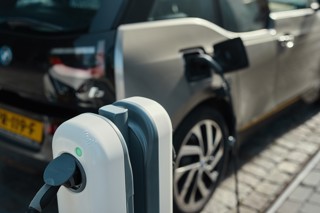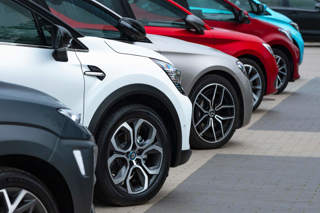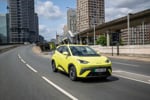Average CO2 emissions for new lease cars have fallen from 118.5g/km to 116.8g/km, according to the BVRLA’s quarterly leasing survey.
The fall has been caused by a rise in new BEV registrations, which are now responsible for 1.6% of all new lease cars, the organisation says.
This has offset the upward CO2 pressure caused by the increasing market share of petrol and personal lease vehicles and the inflationary impact of the new WLTP emissions standard.
While diesel’s market share has continued to fall, dropping to 38.3% of new registrations, BVRLA analysis shows that petrol’s share has also fallen back very slightly – to 52.8% - in the face of the BEV surge.
“It is clear that the fleet sector has enthusiastically embraced the EV market and we expect to see BEV registrations really take-off in 2020,” said BVRLA Chief Executive Gerry Keaney.
“If OEMs can supply enough vehicles and the government maintains the vital Plug-in Car Grant, there is no reason why the BEV share of new lease registrations couldn’t hit 20% by the end of the year.”
BEV supply was constrained, especially for fleet customers, in 2019. More supply is expected this year, but with long waiting lists for popular model, it is unlikely that a large volume of fleet vehicles will be delviered before the end of 2020.
In April the official CO2 emission figure used for reporting and taxation purposes will change to a WLTP figure, rather that one that has been back translated to NEDC. On average, this will see a rise of 10-15% in the reported CO2 emissions of petrol and diesel cars, puuting additional pressure on the industry and fleets.
The survey provides more evidence of the squeeze on the traditional business fleet leasing market (finance lease and contract hire). The total market shrank to a four-year low of 1.21 million vehicles, with the car portion falling 9% year-on-year and van fleet growth receding to 2.8% compared to the same period in 2018.
This decline was partially offset by continued growth in the personal contract hire market, which rose 17% for cars and 2% for vans.






















Login to comment
Comments
No comments have been made yet.